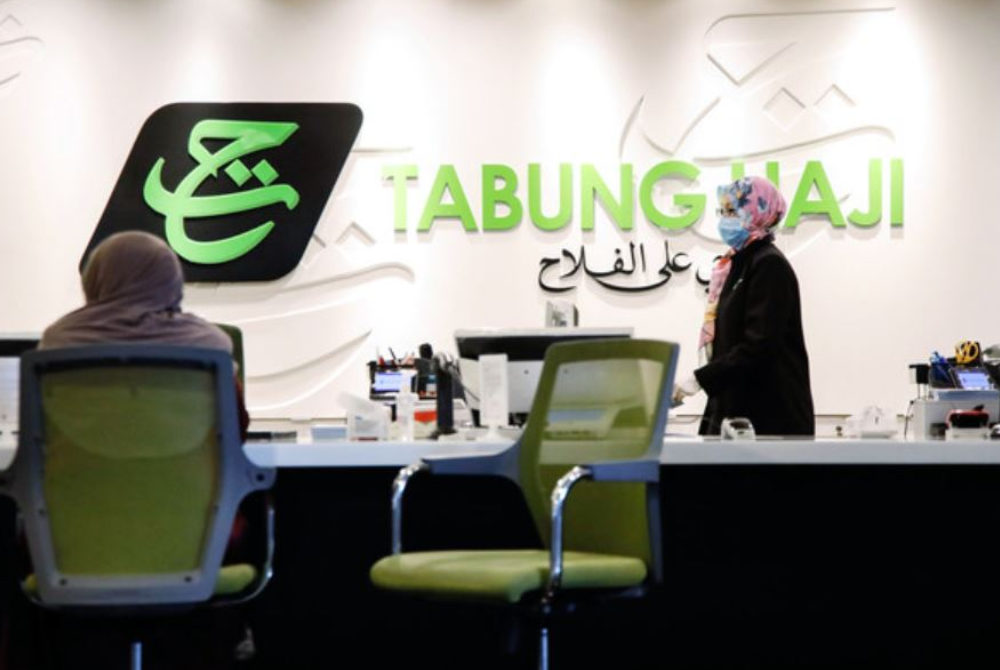Tabung Haji strengthens governance based on Maqasid Syariah

KUALA LUMPUR - Since its inception, Tabung Haji (TH) has played a very important role as a Syariah-compliant savings and hajj management services institution for Malaysians.
This makes it vital for TH to always be efficient and proactive in strengthening its position as a respected agency at the global level.
TH’s Syariah general manager Imran Mohammad Khayat said among the initiatives that the pilgrims’ fund board has implemented to strengthen its Syariah governance is the launch of the TH Supervision Framework (RKP) in September 2021 as the basis of governance control to ensure that it could fulfil its world-class Haj management mandate in a more effective and sustainable manner.
"As an Islamic institution that is respected worldwide, everyone in TH, from top to bottom, needs to play a role and be responsible in ensuring that whatever regulations, such as the code of ethics, working methods including the RKP, are strengthened," he said.
Imran said TH was also in the midst of updating the Tabung Haji Act (Act 535) to further strengthen its governance.
"The existing Act is almost 30 years old, since 1995, and has never been renewed. So, one of the efforts to streamline aspects of governance including Syariah governance is through the amendment of Act 535," he said.
Meanwhile, Imran said that while TH was trying to strengthen its position as a respected Syariah-based institution, it also faced misconceptions about its role as the country's Haj management agency.
"Some people think that when an institution is Islamic based, then it must be in the form of a charity. In the context of the Haj financial assistance provided by TH every year, TH's mandate is to carry out Haj operations and also manage funds or even investments, there is no mandate to provide financial assistance to prospective pilgrims to perform Haj.
"The Haj assistance is actually an initiative by TH and also the government, which is discretionary. It has never been the right of the pilgrims," he said.
Therefore, he said every year, TH would take the initiative to explain the concept of ‘istito'ah’, which meant that the financial capability to perform Haj is a mandatory condition for fulfilling the pillar of Islam.
"When someone wants to perform the Haj, the most important and main thing is the capability of the pilgrim, as stated in the Quran. The Haj assistance is only a discretionary initiative by TH according to its financial position," he said.
Elaborating further, Imran said TH was responsible for looking after the interests of its nearly nine million depositors, including 31,600 pilgrims every year.
In terms of Maqasid Syariah, Imran said the highest priority for TH was to preserve the sustainability of the institution, because, with a sizable fund worth RM90 billion, it could not afford to fail or collapse.
Therefore, he said three things were considered by TH's management, the first being its sustainability as the management entity of a large fund.
"Secondly, the general welfare of all the depositors compared to the relatively small number of prospective pilgrims who will perform the Haj in a particular year and the third being the aspect of istito'ah, which is a mandatory condition for Haj," he said.
He said the TH management needed to carefully and prudently determine the extent to which the institution was capable of covering the direct cost of performing Haj for each pilgrim, and at the same time, provide a competitive return to the depositors.
Imran said the cost of performing Haj this year had reached almost RM31,000 per pilgrim, with TH bearing 60 per cent of the amount for each B40 pilgrim.
"With the awareness that the cost of performing the Haj increases every year and there are some groups that may need help, any form of aid that is to be channelled must be targeted," he said. - BERNAMA










